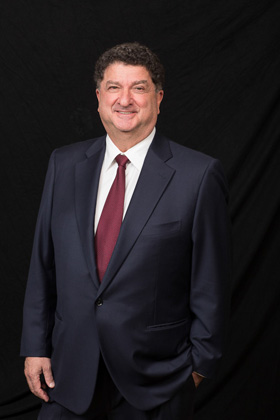I agree with PerioDont.
Every practitioner regardless of their training finds their niche in private practice.
The problem with your question is that it assumes that a perio, prosth, etc specialist is only as good as the number of procedures they have done in the recent past.
Let me explain:
1. Repetition does not mean competency. You could do the same procedure over and over, but it does not mean that you are guaranteed to do it well consistently. The general dentist performs hundreds of fillings a year, yet how many fillings do you see in patients with poor composite restorations? Since this is the most common procedure by GPs, the quality should be far better than the true average. I would take a new grad who has taken quality CE courses in direct restorations to do my fillings vs an "experienced" dentist that has never taken CE. This quote comes to minds: "Some people say they have 20 years experience, when in reality, they have 1 year's experience repeated 20 times."
2. Perio-Prosth specialists work at the intersection of both specialties. It's unlikely for a perio-prosth to focus on removable prosth or non-surgical periodontal therapy, but they can definitely provide that service if the need arises. The true strength of the dual specialist is their ability to treatment plan and stage treatment. They understand the surgical and restorative side simply because of their training. They commonly focus on implant cases (combination cases, hybrids, etc) but they are not limited to a few procedure like you might envisioned.
3. A few educators are perio-prosth trained. PerioDont mentioned one, but there are many others including Kois, Spear, Garber. Believe it or not, there's even fewer prosth-OMS trained specialists such as Craig Misch.
4. Dual training is not for everyone. It can be expensive, time consuming, and not everyone is truly passionate to complete a specialty let alone two specialties. However, you do not have to be dual or single specialty trained to be successful. Dentistry is hard enough, so finding training that you feel passionate (residency or CE) is important as a clinician in order to improve the quality of care.

